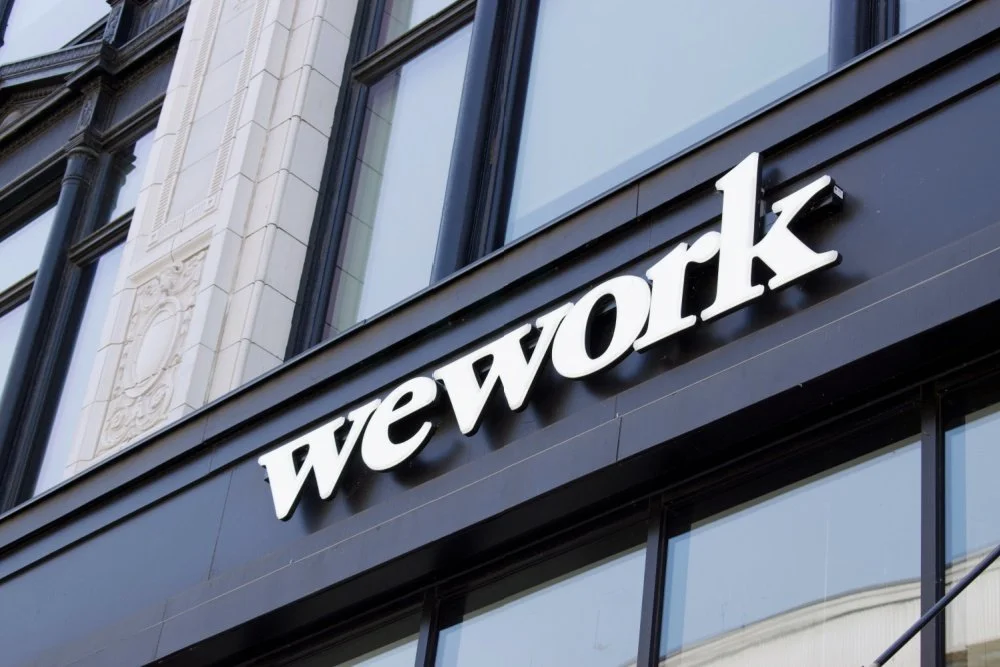"Investment Ready." A New Venture Philanthropy Fund Gets Up and Running
/FreshPaint/shutterstock
Our ears always perk up when we hear about a brand-new funder emerging on a philanthropy scene that already has so much going on, which is the case in Chicago. Including big-name local foundations changing their strategies to unrestricted mega-gifts, ambitious partnerships, and emerging women’s giving circles, a lot has been happening in the city lately. But there’s a newcomer that's started making grants that shouldn’t be overshadowed because it is taking an interesting approach to tackling poverty in the city.
That would be the New Coast Foundation, which was founded in 2016 but only just launched publicly. Alex Ross, co-founder of a boutique venture capital fund called New Coast Ventures, is behind the fund, which is operating as a philanthropic venture fund solely dedicated to Chicago. Beyond Ross, New Coast's board of directors includes a half-dozen other business people.
The venture philanthropy movement has been around for a while. Two of the pioneers of this approach—New Profit and the NewSchools Venture Fund—are celebrating their 20th anniversaries this year, and many smaller funds have popped up at the local level. These outfits bring the methodologies of private investing to the social sector, providing unrestricted support and other assistance to organizations that are typically in an early phase, while also setting out clear metrics and milestones. The funds often attract donors from finance and tech that like how they operate and turn to these intermediaries to handle some of their giving.
The New Coast Foundation exemplifies the venture philanthropy approach. Its focus is on nonprofits that are past the start-up phase, but haven't yet scaled. The idea is to provide these groups with three years of unrestricted support and management assistance to strengthen their capacity and connect with influential networks. New Coast also aims to work with grantees to measure and share their results. A key goal is getting groups to "investment readiness," which means they've become strong enough to "maximize their potential to generate greater social impact and attract a wider network of support."
Recently, the New Coast Foundation partnered with the Skender Foundation, a corporate funder in Chicago, to award its very first grant—$300,000 in unrestricted capital. This inaugural grantee is an education nonprofit called VOCEL, which facilitates a Child Parent Academy and early learning center programs.
The New Coast Foundation has an informative website, but we still had a few questions about how this new philanthropy venture fund will work in the city and what it will be looking for in future grantees. So, we got in touch with its CEO, Julie Hoffmann , to learn more about what New Coast is up to and how local nonprofits might connect with it.
Hoffmann said that the venture philanthropy movement in Chicago and beyond was driven by a new generation of philanthropists who are looking for greater impact from their investments. “This is why New Coast Foundation is developing a multi-pronged approach to philanthropic investments, including investing growth capital, management support, and monitoring and evaluation into emerging organizations," Hoffmann said.
Growth capital, or build capital, is how venture philanthropy leaders describe multi-year, unrestricted funding. They sometimes contrast such funding with so-called "buy capital," whereby funders give restricted grants to nonprofits to achieve a specific outcome. The VOCEL grant over three years is flexible funding designed to give the group the ability to invest in areas it feels are most critical.
"We believe that unrestricted funds are the most effective and advantageous form of support to help an organization scale," Hoffmann said. "Our model is grounded in rigorous vetting as well as transparent and regular communication and accountability—which together gives us full confidence and trust in our grantees’ discretion in how best to use the funds."
All this will be music to the ears of Chicago nonprofits, which often find that big general operating grants are few and far between. But getting in the door with venture philanthropy funds is often no easy thing, and New Coast is pretty specific about what it's looking for. Hoffmann said that New Coast wants to invest in organizations in the city that "have identified an unmet need and have created and are successfully implementing an impact model that reframes the problem they are seeking to address." They should also be at such a stage that a $300,000, three-year unrestricted grant "would be transformative and allow them to scale in ways other funding mechanisms can’t."
Hoffmann said that such organizations are typically three to 10 years old, have a budget under $1.5 million, and "have proven the impact of, and need for their programming in the communities they serve."
While the foundation does not have an official process for submitting letters of inquiry, this is still a great funder to contact for groups that meet the above criteria. But nonprofits that approach New Coast should also be ready to have their tires kicked in a major way, and if they are selected, really engage in the foundation's process, which includes coaching and technical assistance from New Coast staff and its network of pro bono partners that specialize in areas like accounting, technology and communications.
New Coast plans to announce its second grantee this summer.







































